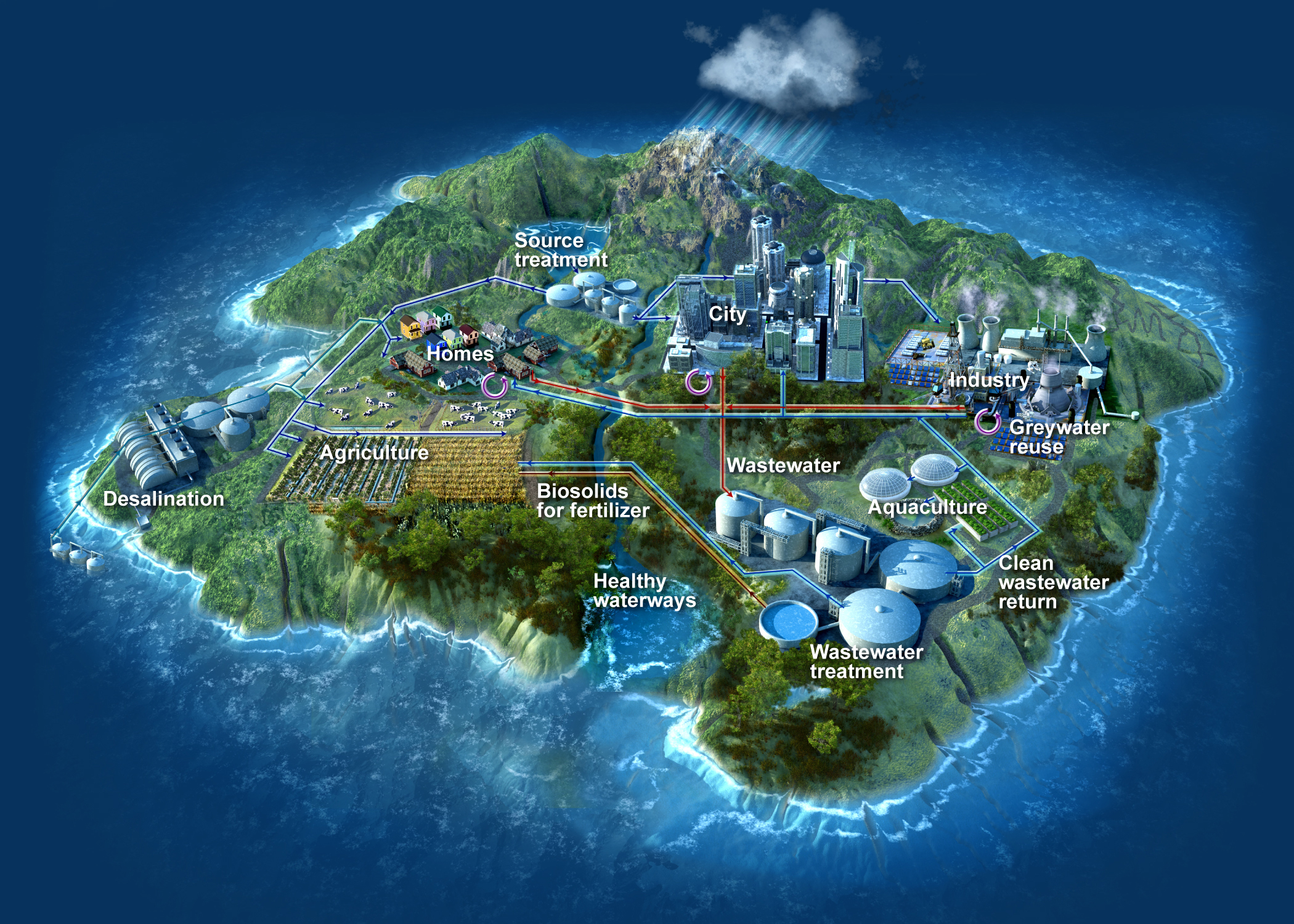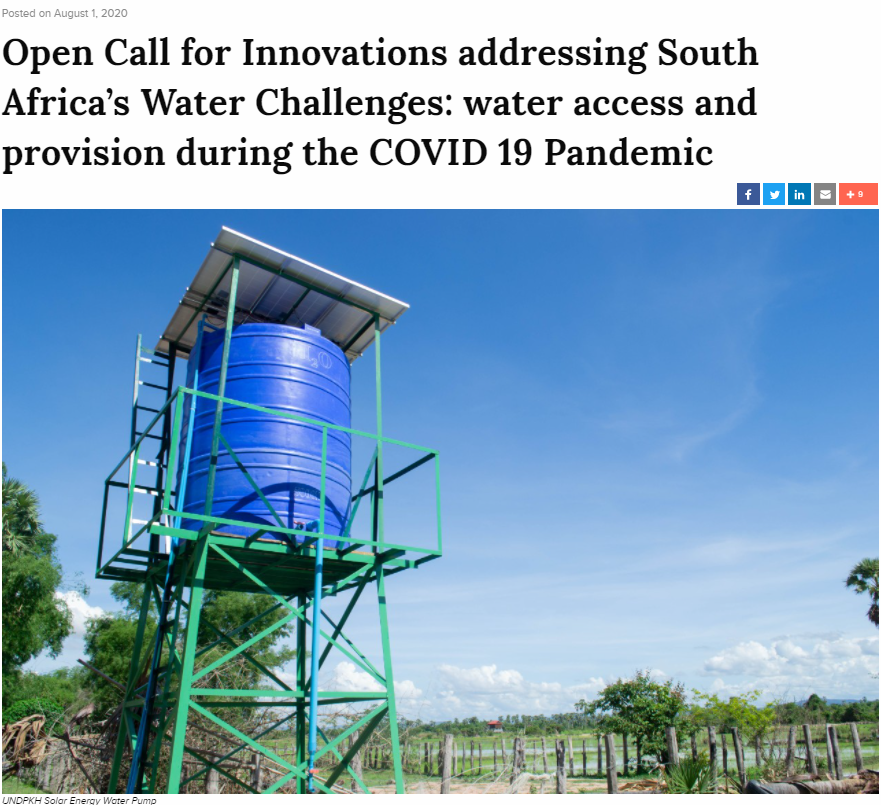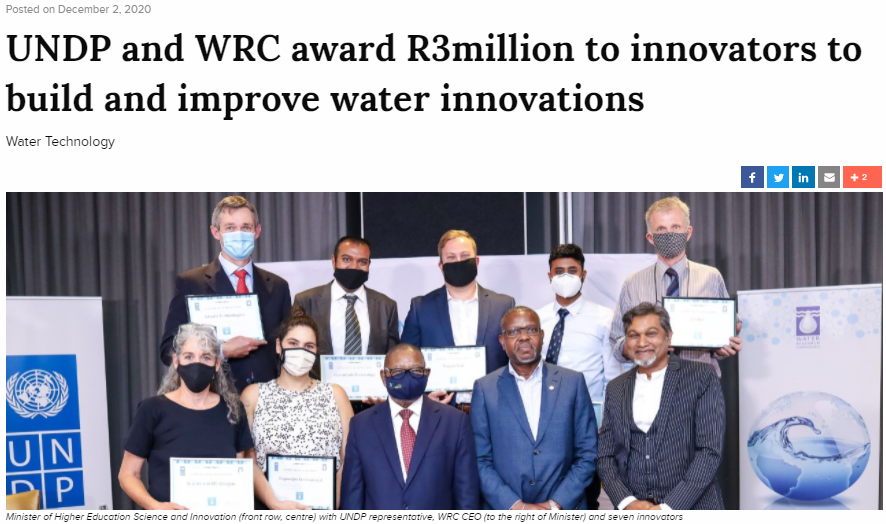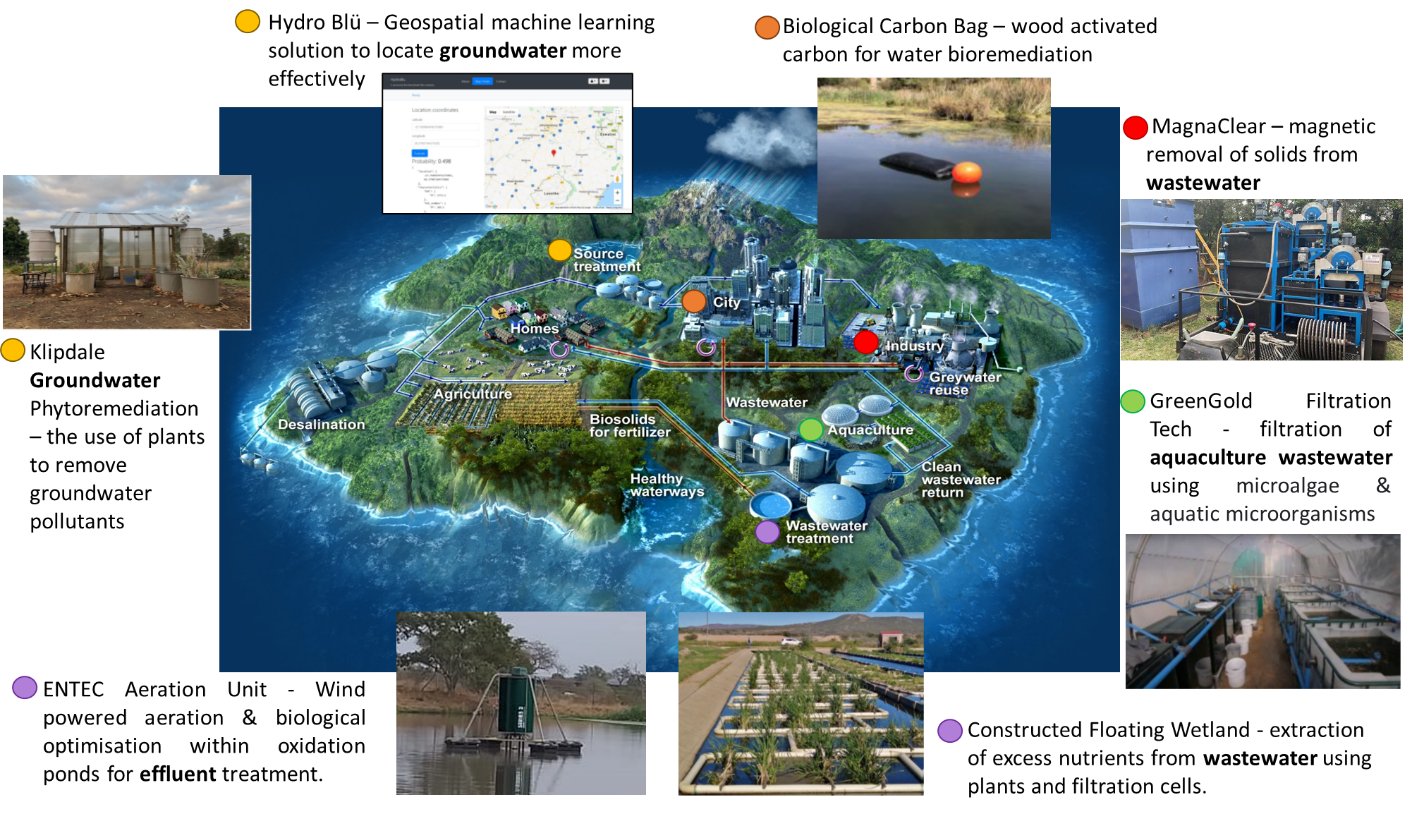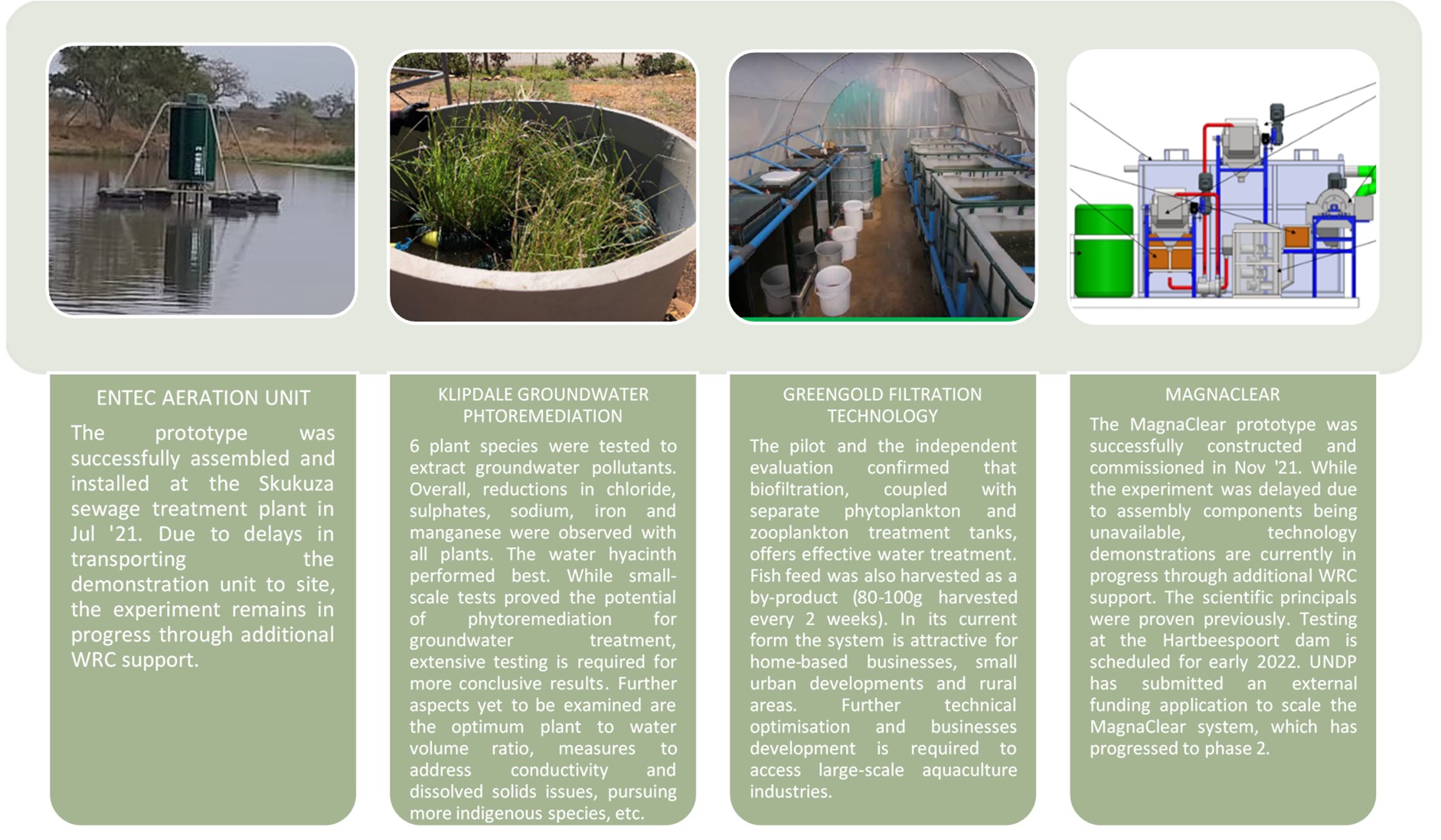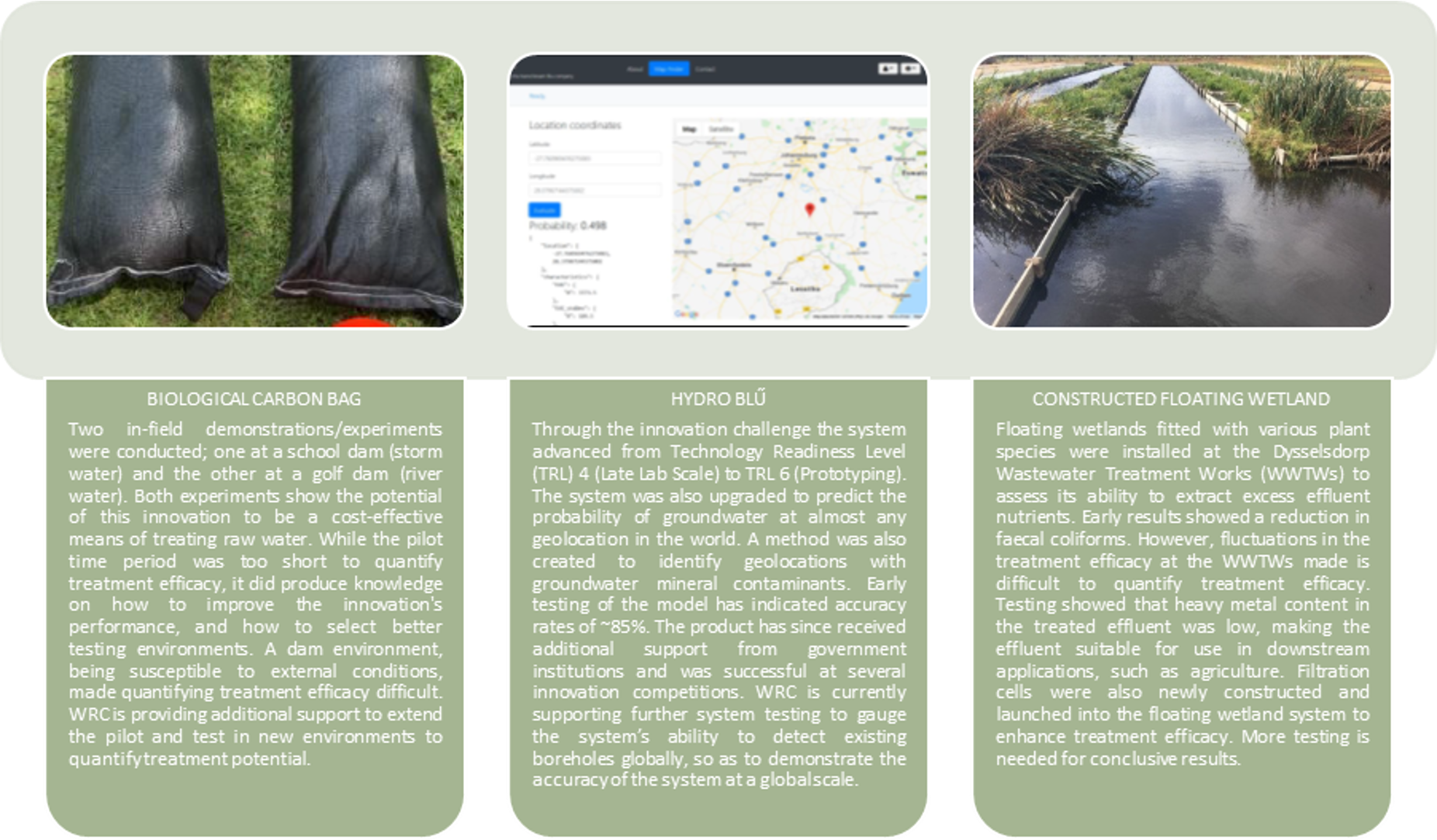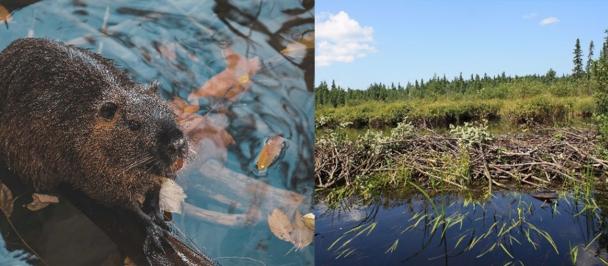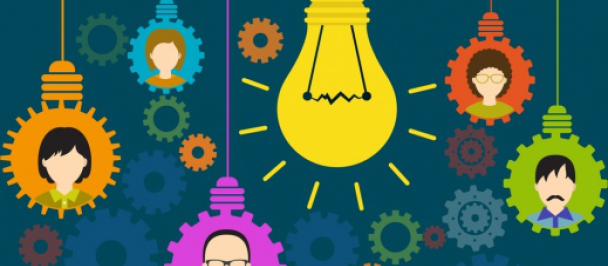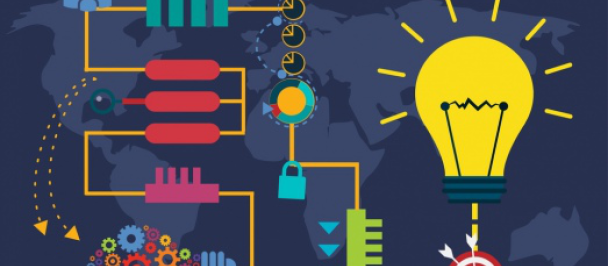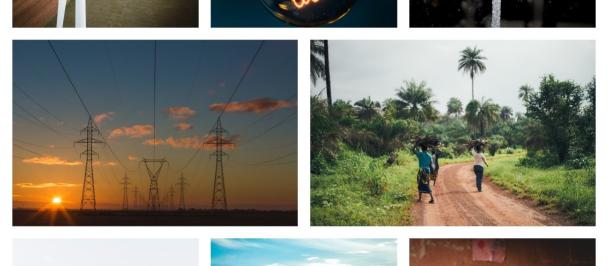The Urban Water Cycle
Like a movie scene straight out of Jurassic Park, a group of intrepid scientists board a private helicopter and head to a lone lush green island at the Southern tip of Africa where a treasured theme park boasting the ultimate urban water-traversing system exists. This expedition, however, is less about unearthing prehistoric reptiles and more about reimagining the stressed urban water cycle in South Africa. The scientists sought to determine how best to innovate within existing urban water systems to enhance water and economic savings and efficiencies.
As the chopper lands amid gushing coastlines and futuristic waterways, the scientists are transported on globe-like vehicles to tour the theme park’s urban water network – a blueprint for modern cities. Throughout this ultramodern globe ride, the scientists observe the intricate journey of water from the water source to the end-user and its return through recycling.
Journeying through the stages of the urban water cycle
The scientists note that South Africa’s urban water system, like this one and most other systems on earth (both natural and man-made), is complex; a web of interdependencies, having extreme vulnerability to external influences, in a constant state of flux, and requires consistent upkeep. Consequently, single-point solutions prove inadequate at addressing the various challenges that arise over time in such complex systems. The scientists agree that to positively influence the urban water system in South Africa, a portfolio of solutions must be created where each solution within the portfolio addresses challenges or enhances the performance at key leverage points in the water system.
Okay…reality check! The team of scientists constituted UNDP AccLab SA and valued partner, the Water Research Commission (WRC). Additionally, as that glamorous ride on a helicopter to an exotic island was not possible (COVID 19 restrictions, and all! 😉), the team examined local water systems by tapping into the knowledge of water experts and innovators who are transforming the South African water sector. Together, here’s how we’ve begun reimagining the urban water cycle and building a portfolio of solutions.
South Africa’s Department of Water and Sanitation (DWS) indicated in its 2019/20 annual report that South Africa is naturally inclined to drought conditions being a semi-arid country, and that these conditions were exacerbated following the strong 2015-16 El Niño events. The El Niño impacts combined with the ongoing droughts, presumably have resulted in significant declines in the water, resources of the country. This is substantiated by the decline in dam levels, reservoir storage and even groundwater levels based on the available data collected by DWS [DWS, 2019/20].
According to the South African National Water and Sanitation Master Plan (2018), to increase water supply in the country, there is a need to optimise the water mix (which is currently dominated by surface water), with groundwater and effluent from wastewater treatment plants, water reclamation, as well as desalination and treated acid-mine drainage. The Master plan also states that 56% of wastewater treatment works and 44% of water treatment works are in poor or critical condition, suggesting a need for new solutions and improved maintenance.
In 2020, South Africa, like the rest of the world, succumbed to the COVID-19 pandemic and the government took strong measures to curb the spread of the disease. A key component of the prevention measures was to encourage citizens to practice good hygiene through regular handwashing. However, many South Africans, especially those in rural and peri-urban areas, simply lacked access to water resources/services to do so. 3 million South Africans still do not have access to basic water supply services. The United Nations 2030 Agenda for Sustainable Development and its 17 Sustainable Development Goals (SDGs) highlights Goal 6 (Clean Water and Sanitation) to ensure the availability and sustainable management of water and sanitation for all.
It is against this backdrop that AccLab SA and WRC launched a national call for water innovations. The aim was to gather a pool of innovations at varying stages of technology readiness, which can play a critical role in a range of priority areas for the water sector. UNDP and WRC sought to fast track the development and promote the adoption of promising innovations through the Water Innovation Challenge, with the long-term objective being to accelerate the rate at which we achieve progress on SDG 6.
Here’s a look at the portfolio of innovations uncovered through the challenge and where they fit within the urban water system. In the image below, coloured dots indicate where the innovation is positioned within the urban water system. For example, the green dots indicate that GreenGold Technology addresses the aquaculture sector.
Identified innovations and their positioning in the urban water system
Through the Innovation Challenge, the identified solutions were experimented in the field - in environments where they will eventually find applications. As the solutions ranged from those identifying new water sources to those treating wastewater, experiments were conducted at wastewater plants, aquaculture facilities, dams, etc. The status of the experiments is reported later.
In addition to supporting in-field experiments, the seven small businesses/innovators were also assisted in evaluating market needs, provided with expert technical advice, conducted independent technology reviews, and continue to be linked with potential scaling partners.
Status of innovation challenge experiments/technology demonstrations
As testing continues and attempts are made to scale successfully tested innovations, the hope is that over time the identified solutions will become vital parts of the local urban water system.
Capturing and sharing the learnings
Throughout the technology evaluation process, extensive knowledge and lessons were surfaced. This included techniques to improve experimental designs and logistical arrangements, how to manage partnerships as well as external influences, and how these can impact product development. To capture and share the rich knowledge emanating from the Water Innovation Challenge with other innovators and development practitioners, UNDP, together with WRC, Isle Utilities, Bosch Capital and Bosch Projects partnered to produce the UNDP-WRC Entrepreneurship Training Guide. The guide, developed with extensive inputs from the innovators about their experiences, seeks to provide early-stage entrepreneurs with business development support and assist developmental institutions better shape future innovation challenges to achieve greater impact. The guide also served as training material during a follow-up workshop for the seven innovators, where they were provided with expert guidance on how to move their businesses to the next developmental stage.
You can download the guide here:

 Locations
Locations
